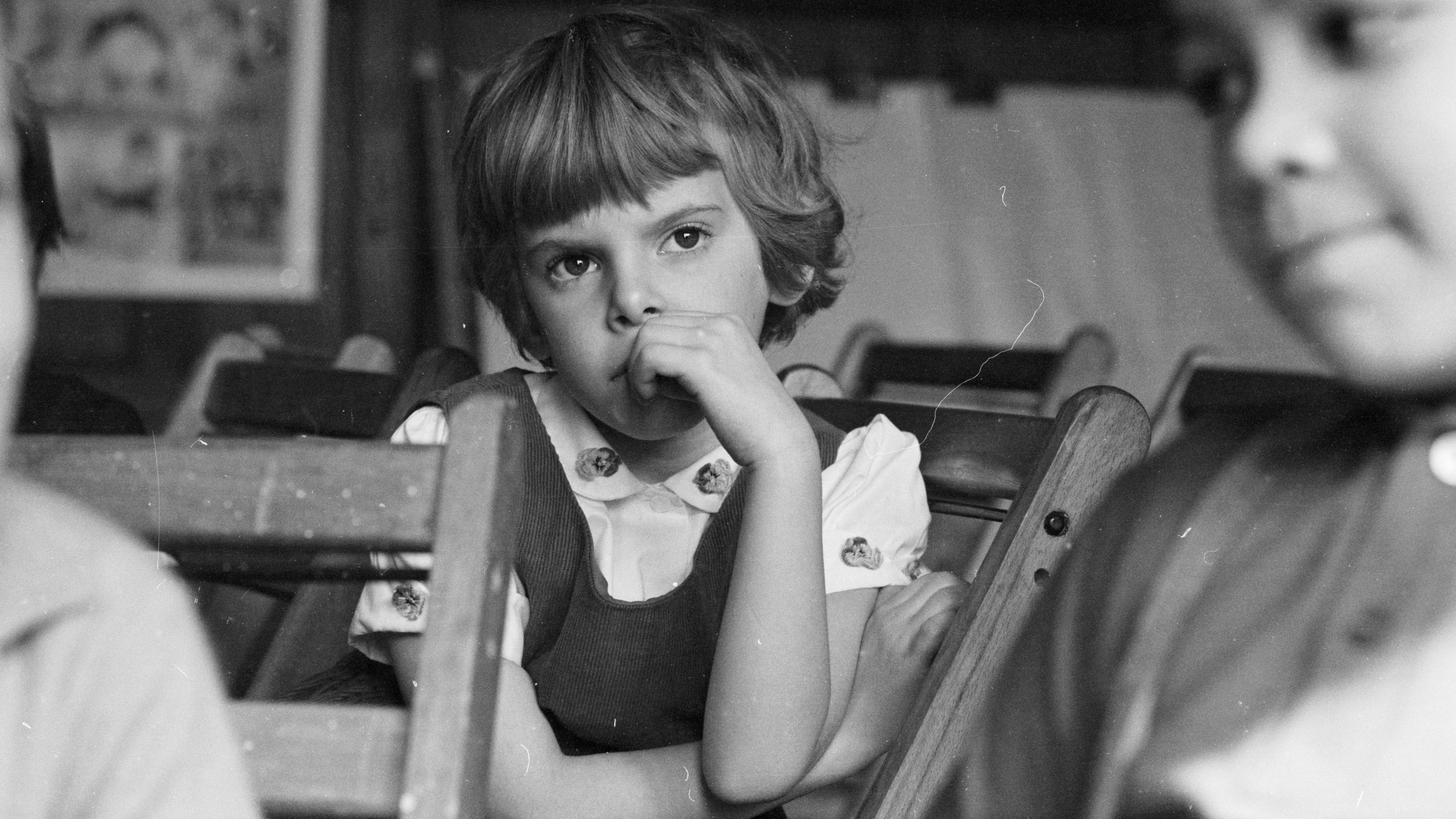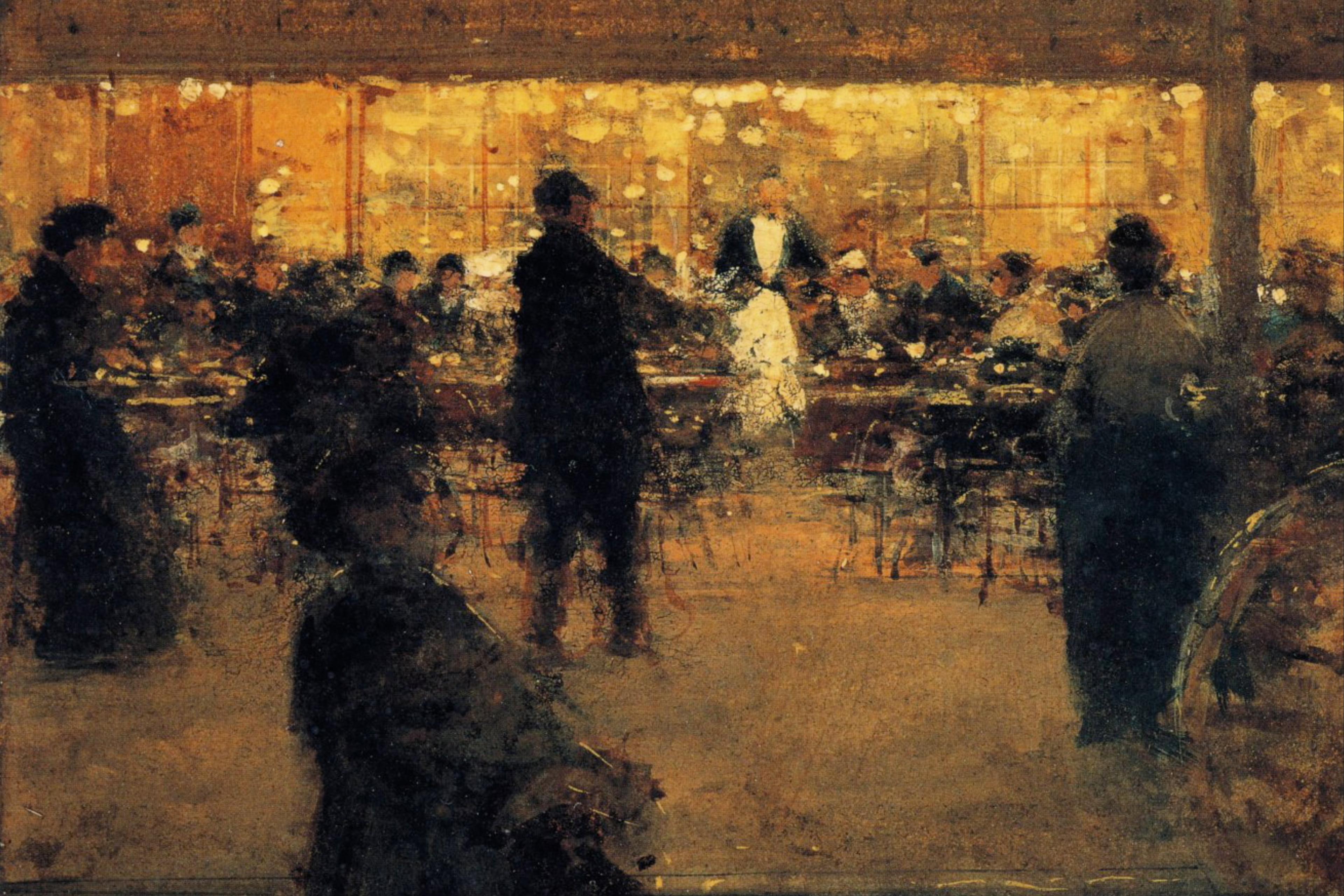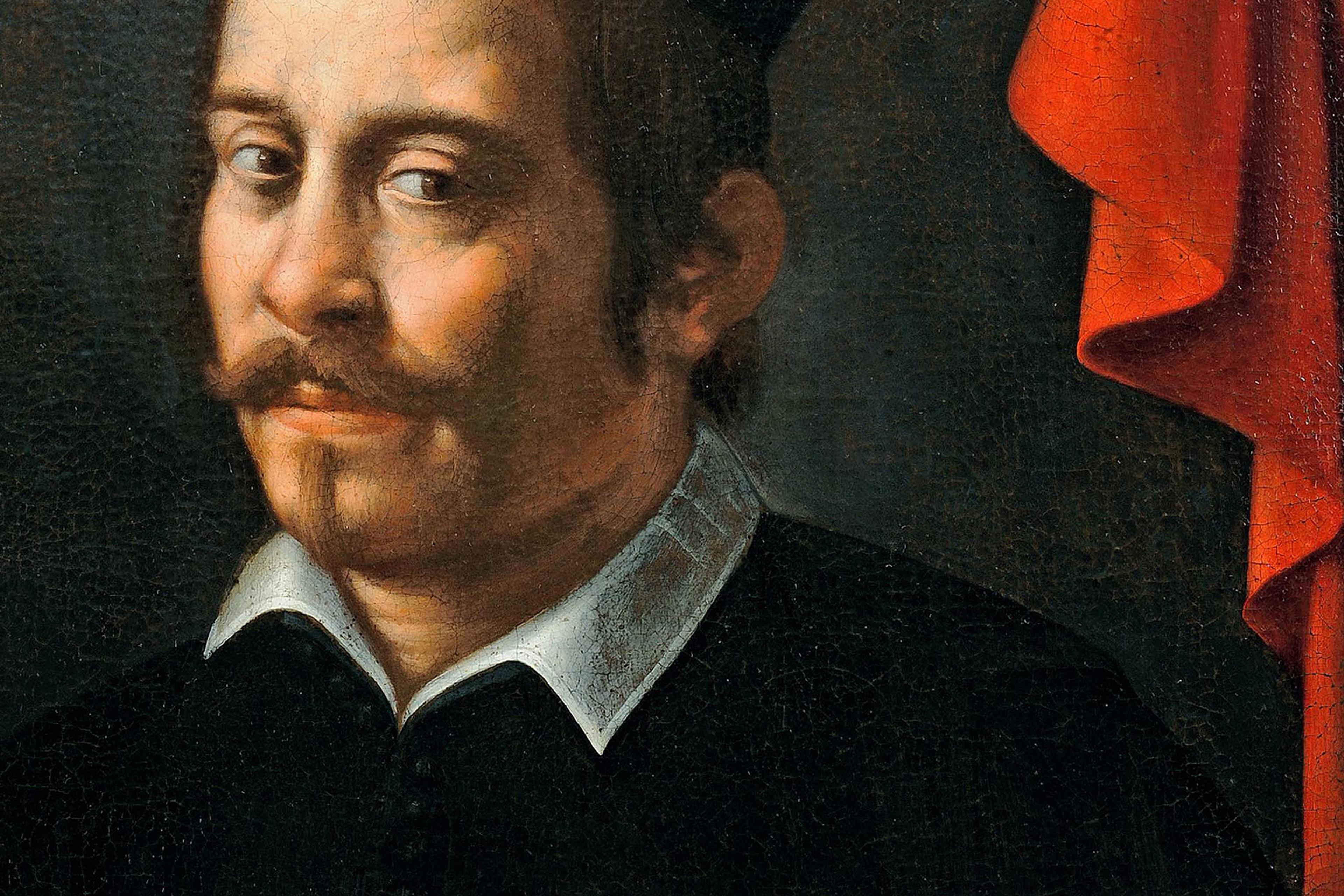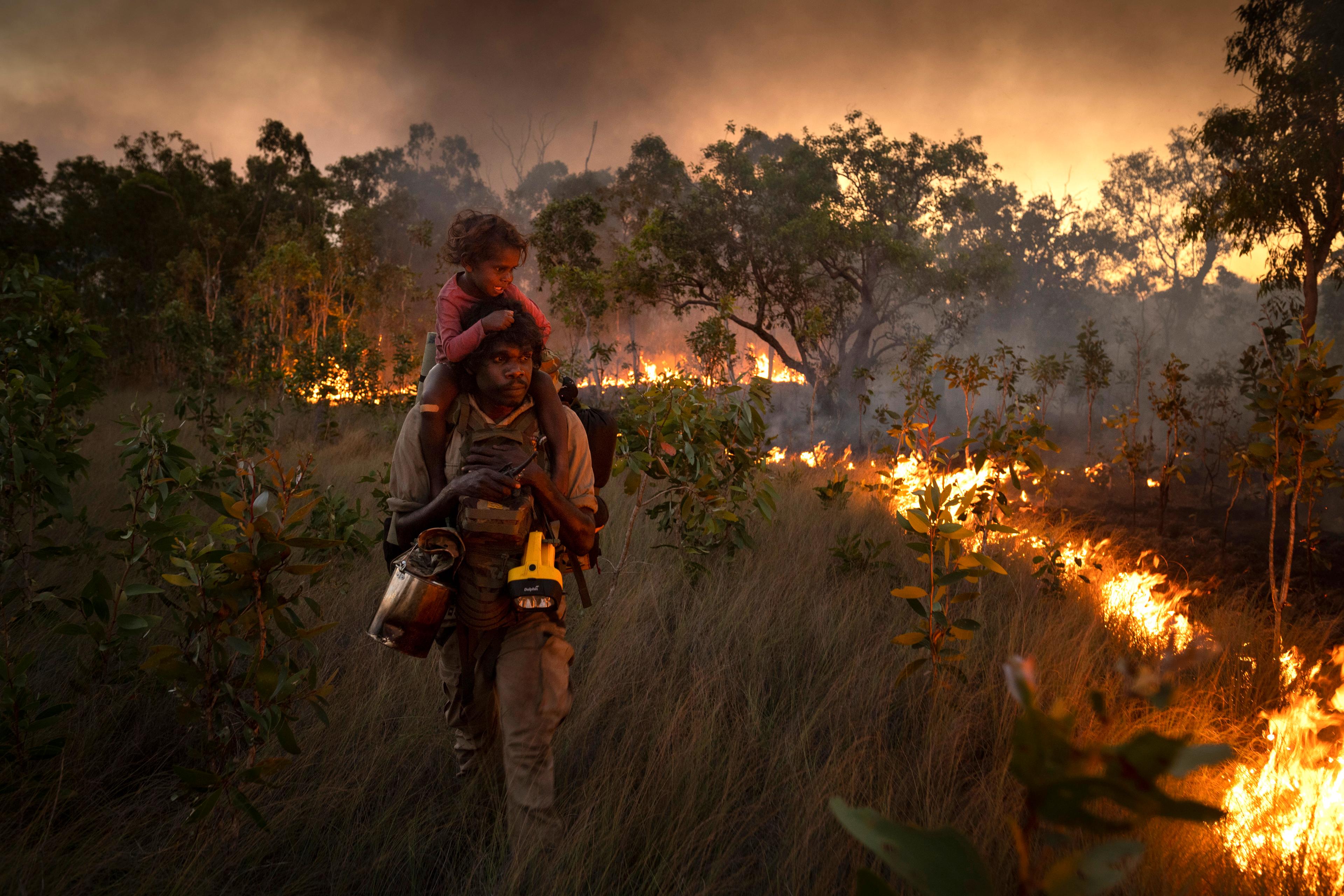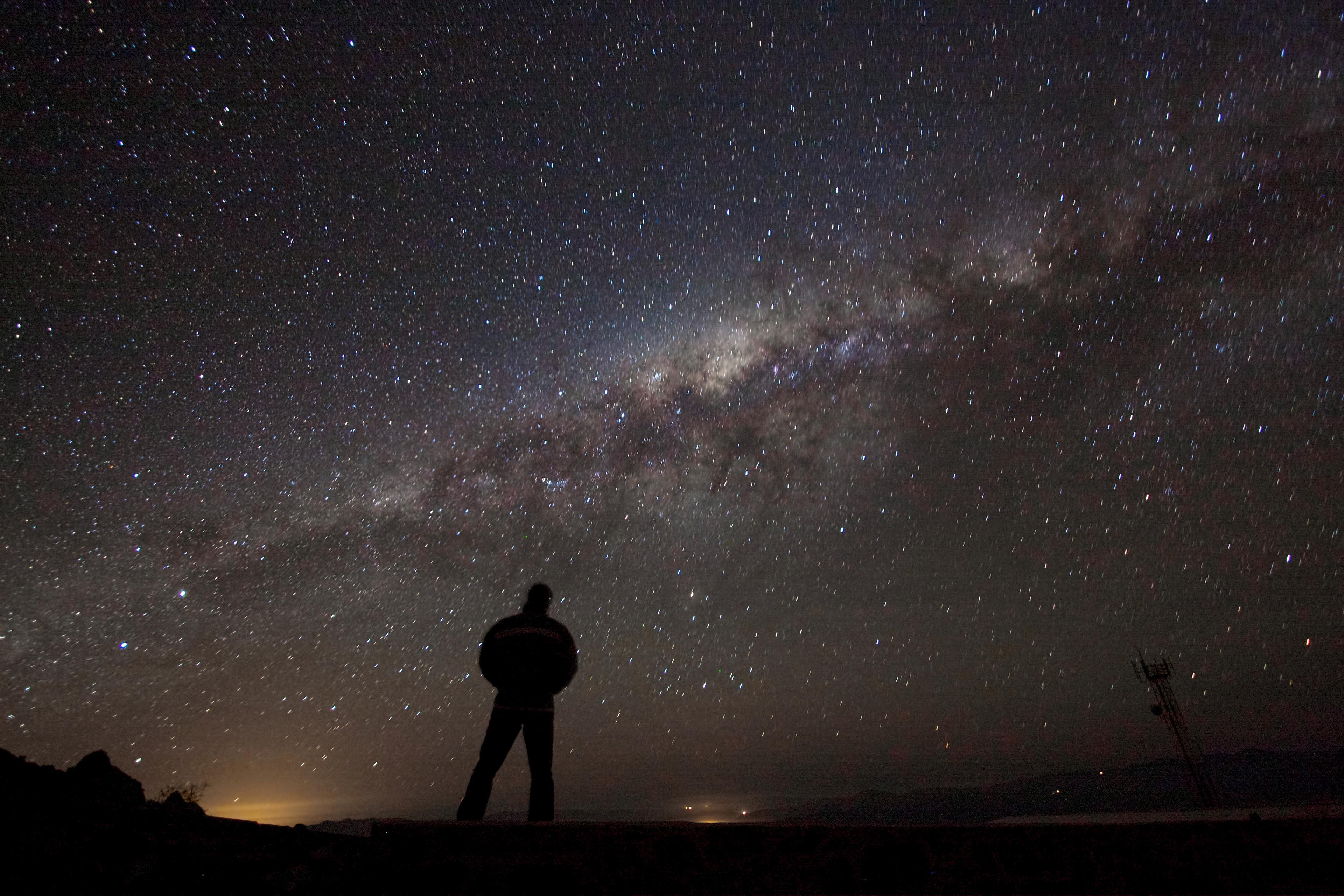A fifth-grade science class on a winter morning: the Sun is low, as is the teacher’s voice, and you’re just beginning to warm up. The teacher dances around a chart of the solar system, pointing now at this brightly coloured disc, now at that one. Yellow light begins to seep in through the windows – the Sun has finally climbed high enough to reach your classroom. As the morning class proceeds, so does the Sun. Its rays touch you. The downy hairs on your arm become a fur of light. You notice you are warming up on one side; the contrast sends a shiver down your spine. And then it hits you, like a revelation: the Sun is a sun. It is not simply ‘the Sun’, that taken-for-granted presence (or absence, on a grey day), but a sun, one of trillions of such objects in the Universe. And somehow, this burning ball of gas, millions of miles away, is pleasantly warming your skin as you circle it on ‘your’ planet. You are filled with a wonder that bathes everything in its glow, even those concerns of the classroom that the Sun could never reach. In a moment – the effects of which perhaps will last forever – your whole view of the world and yourself is transformed. A connection is made.
‘Concentrate!’ snaps the teacher, to you or someone else, and you slowly return to ‘normal’ – but not entirely. Some of this wonder lingers, like a scent or a soft tone in the background. A veil has been pierced, and it hasn’t yet sealed up again.
What did you learn, in this example, what knowledge did you gain? You already knew that the Sun was a sun, you’d heard and read that many times. You knew that Earth is a planet, you knew its distance from the Sun it circles is, on average, about 93 million miles. In fact, all this knowledge was necessary for you to experience that moment of wonder. So again, what did you learn? Wonder is a nice emotional supplement to education, perhaps, but from a strictly pedagogical perspective it hardly seems necessary.
That is wrong. In fact, wonder epitomises what education is about: opening up the world. Any educators interested in – or devoted to – opening up the world to their students should consider wonder essential to the task, and will do their utmost to foster students’ sense of wonder.
It is worth noting that, in doing so, a teacher will have to swim against the stream. One battle is against regimes of standardised testing and performance accountability, international comparisons and competitiveness. These are narrowly instrumentalist views of education. As governments anxiously monitor other nations’ economic and technological development, they can think of only one thing for the education system to do: to churn out the greatest possible number of economically productive and ‘innovative’ employees and entrepreneurs, usually in business or science. To assess how one’s country is doing (are we ahead or falling behind?) test scores are compared internationally. The result, as the professor of education policy Dave Trotman has noted in the British context, ‘is that those aspects of the curriculum that are least amenable to routine testing, by default, come to occupy the least privileged positions in the curriculum’. Thus, an educational climate is created that is inhospitable to instigating a sense of wonder in students.
The second battle is against time. While it is certainly not inevitable that children lose their sense of wonder as they grow up, and while adults are in principle as capable of experiencing wonder as children, it is to be expected that, as the world becomes more and more familiar to children as they age, they will experience wonder less readily. It increasingly requires effort to see how extraordinary the world and everything in it is. Familiarity – even if it implies no real understanding at all – can dull the sense of mystery. Educators who wish to cultivate the sense of wonder therefore face the challenge, as the education philosopher Kieran Egan noted, of defamiliarising the familiar.
To see why we would want educators to swim against the stream it is necessary to take a look at what education is, or what we want it to be. With the philosopher Richard Peters, I understand ‘education’ not simply as a particular activity that occurs in a particular place (like a school), but as something that can and hopefully does happen there – if students’ experiences are truly ‘educational’. If someone says that the aim of education is to transform children into citizens who can contribute productively to the economy or society in general, or even that the aim of education is to enable people to flourish, this says very little about education as such, about what makes activities and experiences educational.
Instead, let’s turn to educators’ understanding of what they are doing when they educate. What teachers try to do is to open up the world to their students. They do this through the lenses of many disciplines: history, biology, mathematics, and so on. They open up (aspects of) the world through these lenses, and at the same time they open up the worlds of these disciplines. The educator’s hope and aim is that the teaching materials become transparent to the world, that the world comes alive through them, that students make contact with the world beyond the words, numbers and pictures in the textbook – and that as a result they better understand the world in which they live. They can then ask more incisive and interesting questions about it, while also being silently appreciative of the beauty and mystery in the world.
For educators (rather than policymakers) it might therefore be obvious that wonder is their ally, not their enemy. Isn’t wonder a state of mind from which questions flow? Is it not a powerful source of intrinsic motivation (that buzzword in education and educational research)? It is unfortunate that wonder is so often identified either with curiosity or with awe. Curiosity’s value lies in motivating enquiry, whereas awe is capable of heightening interest to the point of an admiration that actually halts enquiry.
If you ask yourself what it is like to experience wonder, or curiosity, or awe, I hope you’ll agree that the answers differ. Wonder is a mode of consciousness, a way of being aware of the world, both in perception and feeling, that differs from our ordinary perception of things in a unique way. We perceive the object of our wonder as in some way strange or puzzling, even mysterious, beyond our understanding, yet worthy of our attention for its own sake. It might be accompanied by a drive to enquire and seek explanations, but even then it is primarily a receptive state, in which the object takes centre-stage. Wonder is other-oriented, open to what reveals itself to us. It often leaves us lost for words, but it doesn’t pronounce awe’s definite judgment that its object is great – we are confronted first and foremost by mystery, not power or greatness.
These characteristics of the experience of wonder help us understand why wonder is so important to education. It makes us vividly aware of what we don’t know, don’t understand, and perhaps can never understand. It sustains or revives our interest in the ‘familiar’ world. And by defamiliarising that world – by piercing the veil of our preconceptions and our taken-for-granted constructions of the world – wonder creates room to consider alternative possibilities: different ways to think about ‘the’ world, and different ways to organise ‘our’ world – this fragile home we have made for ourselves in this extraordinary corner of the Universe, warmed by our own star.
